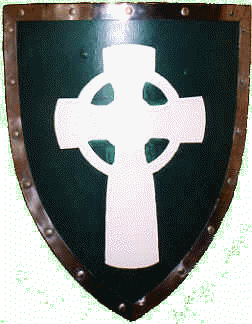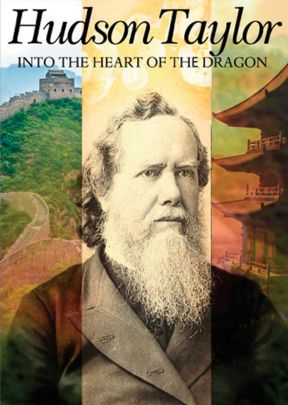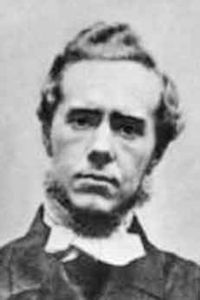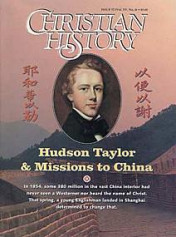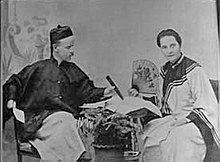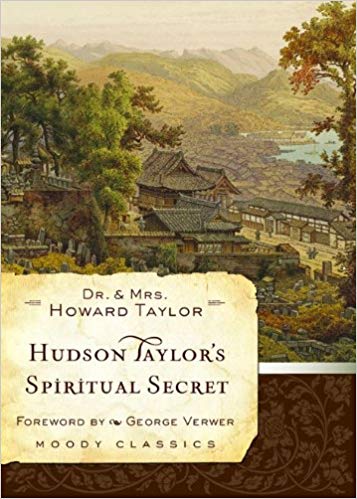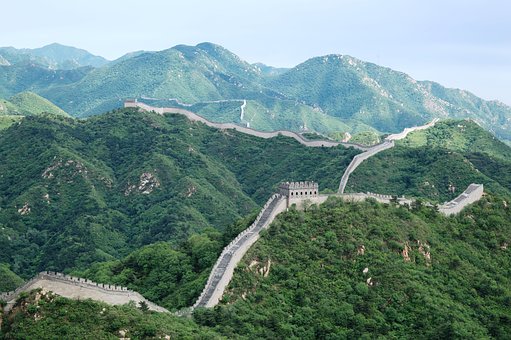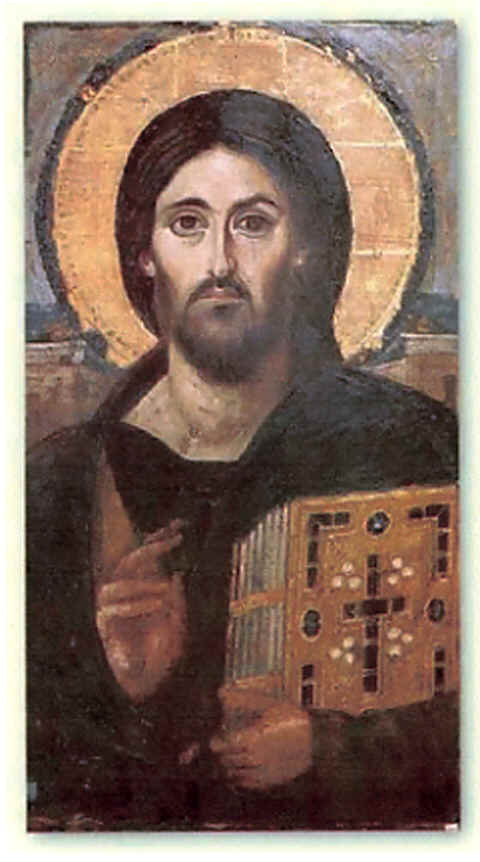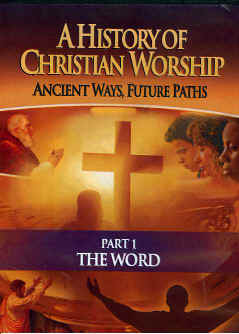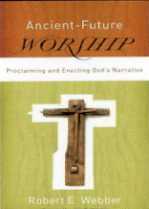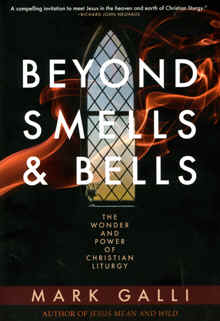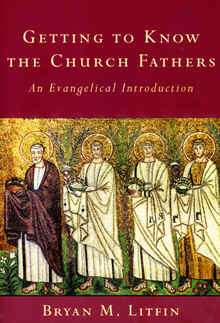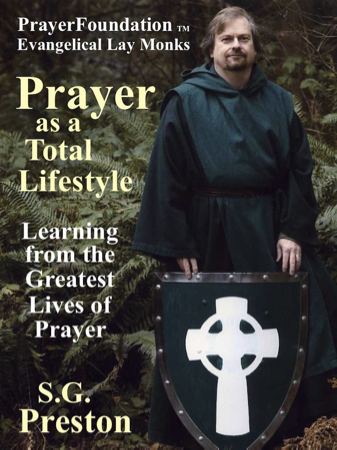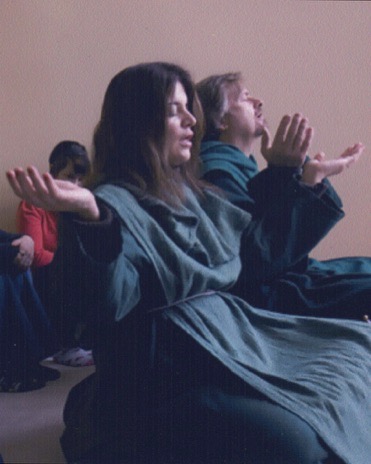
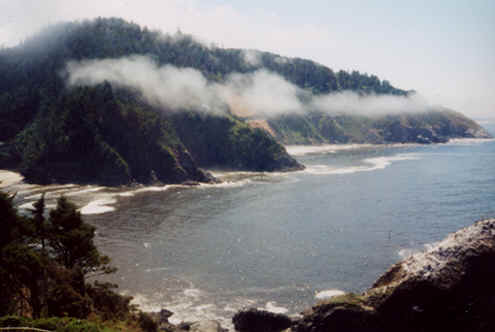
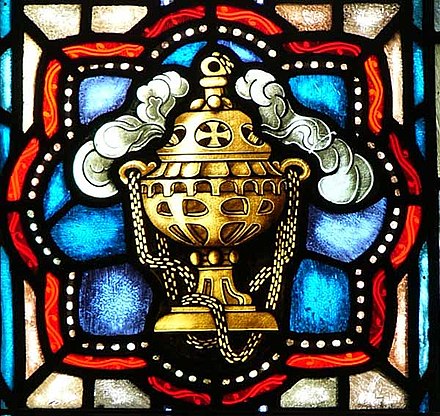
“Let my prayer arise before You as incense,
and let the lifting up of my hands
be as the evening offering.”
-Psalm 141:
"dO yOu ALwAyS uSE iNcENSE?"
cLOudS & GOd's pRESENcE
Prayer & Incense
Some Thoughts from Lay Monk Preston:
“A young woman about 19 years old, who has visited our monastery twice and attended two of our Worship Services, asked me if we always used incense in our Services?
My answer was “yes.” But I felt that the tone of her voice when she had asked her question really implied, “Why would you want to do that?”
One day a few months later, one of the Lay Monks asked me if there was any Scriptural basis for our using incense?
My answer once more was “yes.” However, I could now see that I should write something to answer these questions more fully — both the spoken and the implied.
Pure incense is the resin from certain trees found in limited areas of the Middle East like Ethiopia and Eritrea. In ancient times it was obtained only at great expense.
In the Book of Exodus (Chapter 30), God commanded Moses to make an altar of acacia wood for the burning of incense. Aaron, as High Priest, was commanded to burn incense Morning and Evening.
(Continued Below)

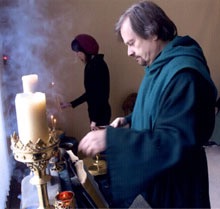
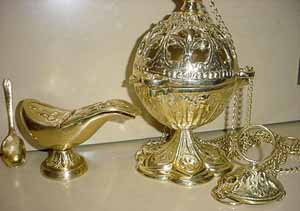

(Continued from Column at Left)
Another characteristic of incense is that it forms a cloud.
A cloud in the Bible often reveals God’s presence. In the Wilderness of Sinai, the Israelites were led by a pillar of cloud (Exodus 13:22).
A cloud covered the Tabernacle, and the glory of the Lord filled it (Exodus 40:34).
During Christ’s Transfiguration, a cloud appeared, and the Voice of God was heard from it
(Matthew 17:5).
In the book of Acts, Our Lord’s Ascension is up into a cloud
(Acts 1:8).
When we use incense, and experience its aromatic perfume through our sense of smell, we are involving another of our senses in our worship.
We are to consecrate all of ourselves to God; mind, heart, will, strength, emotions and senses.
All of our senses: touch, sight, taste, hearing, and even smell!
(Continued Below)
in the OLd tEStAmENt, GOd cOmmANdEd HiS pEOpLE tO OffER iNcENSE iN WORSHip
Moses is given special instructions for making the incense to be used for worship of God (Exodus 30:34-38).
One of the many ingredients given in God’s list is frankincense. Among the gifts the Magi gave to the baby Jesus was frankincense.
They gave Him:
Gold: because He is a King: the King of Israel, and the King of the Universe.
Frankincense: because He is our High Priest: a High Priest without beginning or ending, after the Order of Melchizedek.
Myrrh for His burial: because He shed His blood and died for our sins, and was Resurrected so that…
“…whoever believes in Him should not perish, but have everlasting life.”
(Continued Below)


iNceNSe iN A HOme iN bibLE tiMES SiGNALEd A ViSit by SOMEONE iMpORtANt
In ancient times, incense was used to sweeten and purify the air before an important visitor arrived.
Only an important visitor, because incense was very expensive, and so could be used only on special occasions.
Christ taught us that He is in the midst of us, where two or three are gathered in His Name
(Matthew 18:20).
Who is a more important visitor than our Savior?
Our Lord may not be physically visible, but He has promised to be present. The beautiful aroma of incense reminds us to be aware of His Presence.
“And walk in love, as Christ also has loved us, and has given Himself for us, an offering and a sacrifice to God for a sweet-smelling fragrance.”
(Ephesians 5:2)
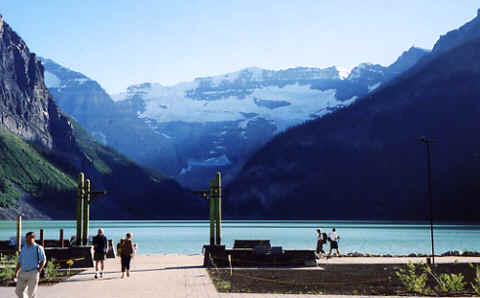


iNcENSE iS A SyMbOl fOR tHE PRayERS Of GOd's pEOpLE
“Let my prayer arise before You as incense, and let the lifting up of my hands be as the evening offering.” (Psalm 141:2)
The people would pray outside of the Temple while the Priest inside offered incense upon the golden Altar of Incense.
“And the whole multitude of people were praying outside at the hour of incense.” (Luke 1:10)
In the Old Testament, God established a formal, liturgical type of worship. Historic, formal liturgical Christian worship services have sometimes incorrectly been accused of being derived from Judaism.
In fact, they are derived directly from the New Testament — from the worship in Heaven that the Apostle John reveals to us in the book of Revelation.
“An angel came and stood at the altar, with a golden censer; and he was given much incense to mingle with the prayers of all the saints upon the golden altar before the Throne of God;
and the smoke of the incense arose with the prayers of the Saints from the hand of the angel before God.” (Revelation 8:3-4)
(Continued at Top of Column At Right)
SEt ASidE fOr ANd dEdicAtEd tO tHE SERVicE Of GOd
Before we begin our Worship Service everything and everyone is censed, to emphasize that everything and everyone is set aside for and dedicated to, God’s service.
The term: Church Militant refers to the Believers on earth. The term: Church Triumphant refers to the Believers in Heaven.
By using incense as it is shown in the Bible to be used in the worship of God by the Saints in Heaven (together with the Angels), we confirm and illustrate the unity of Believers in Heaven and on Earth, as well as our joining in worship with the worshippers in Heaven when we are worshipping God here on earth.
Incense was used when sacrifices were offered to God in the Old Testament.
When our Lord was Crucified, no incense was burned. Instead, He was buried wrapped in sweet-smelling spices. Myrrh was provided for His burial at the time of His birth, by the Magi who had followed the miracle of the Star of Bethlehem.
The aromatic clouds of incense we smell during our times of worship remind us that our Lord was sacrificed for our benefit.
The Apostle Paul applies this same metaphor to us when he says that we are the aroma of Christ to God. Paul is saying that we are God’s incense. His Gift, both to Himself, and to the world.
“For we are to God a sweet fragrance of Christ; in those that are saved, and in those that perish. To the one we are the fragrance of death unto death; and to the other the fragrance of life unto life.
And who is sufficient for these things?” (2 Corinthians 2:15-16)
HudSON tAylOR wRitiNG AbOut pRayER :
“When I cannot read, when I cannot think, when I cannot even pray, I can trust.”
“It does not matter how great the pressure is. What really matters is where the pressure lies —
whether it comes between you and God, or whether it presses you nearer His heart.”
“Jesus is our strength, and what we cannot do or bear, He can both do and bear in us.”
“There are three stages to every great work of God;
first it is impossible, then it is difficult, then it is done.”
-Hudson Taylor (1832-1905) Founder: China Inland Mission
This Website: PrayerFoundation Evangelical Lay Monks ™ Built by: S.G. Preston Ministries ™
Copyright © 1999-2024 S.G. Preston. All Rights Reserved.
Photos & Text Copyright © 1999-2024 S.G. Preston. All Rights Reserved.
